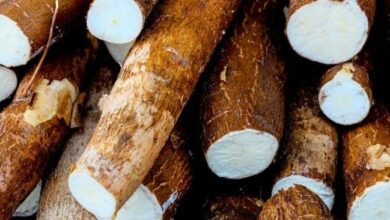Nobel Prize in Chemistry Awarded for Breakthroughs in Quantum Dots

This year’s Nobel Prize in Chemistry has been granted to Moungi Bawendi, Louis Brus, and Alexei Ekimov for their groundbreaking contributions to the field of quantum dots. These minuscule particles, with diameters just a few atoms wide, exhibit unique electronic properties due to their restricted electron mobility. As a result, they display remarkable characteristics in absorbing and emitting visible light, leading to the creation of exceptionally vibrant colors. Quantum dots find extensive applications in various electronic devices, notably in LED displays.
The Royal Swedish Academy of Sciences, responsible for awarding the Nobel Prizes in physics, chemistry, and economics, described quantum dots as versatile particles with diverse uses. They not only enhance the brilliance of television screens and LED lamps but also serve as catalysts in chemical reactions. Their clear and intense light can even be employed in illuminating tumor tissues during surgical procedures.
Hans Ellegren, the secretary-general of the academy, officially announced this prestigious award in Stockholm, Sweden. The Nobel Prizes come with a substantial cash prize of 11 million Swedish kronor (equivalent to $1 million), made possible by a bequest from the prize’s founder, Swedish inventor Alfred Nobel, who passed away in 1896.
The selection process for Nobel Prize recipients involves a year-long procedure. Thousands of university professors and scholars worldwide submit nominations in advance. Dedicated committees for each prize engage in extensive discussions throughout the year to evaluate potential candidates. Finally, the committee presents one or more nominations to the full academy for a final vote. The deliberations and the identities of nominees, apart from the winners, remain confidential for half a century.
This year’s Nobel Prize in Physics was awarded to Anne L’Huillier, Pierre Agostini, and Ferenc Krausz for their pioneering work, offering the first fleeting glimpse into the rapid world of spinning electrons—an essential aspect of various scientific disciplines, including chemistry, physics, biology, and technology.
In the field of medicine, Katalin Karikó and Drew Weissman were honored for their contributions, which paved the way for the development of mRNA vaccines against COVID-19.
The Nobel Prize in Chemistry marks the midway point of the Nobel season, with announcements for literature, peace, and economics prizes scheduled for the coming days. The Nobel Foundation increased the prize money by 10% this year to 11 million kronor (approximately $1 million). In addition to the financial award, laureates receive an 18-carat gold medal and a diploma during the Nobel Prize ceremonies held in December.






